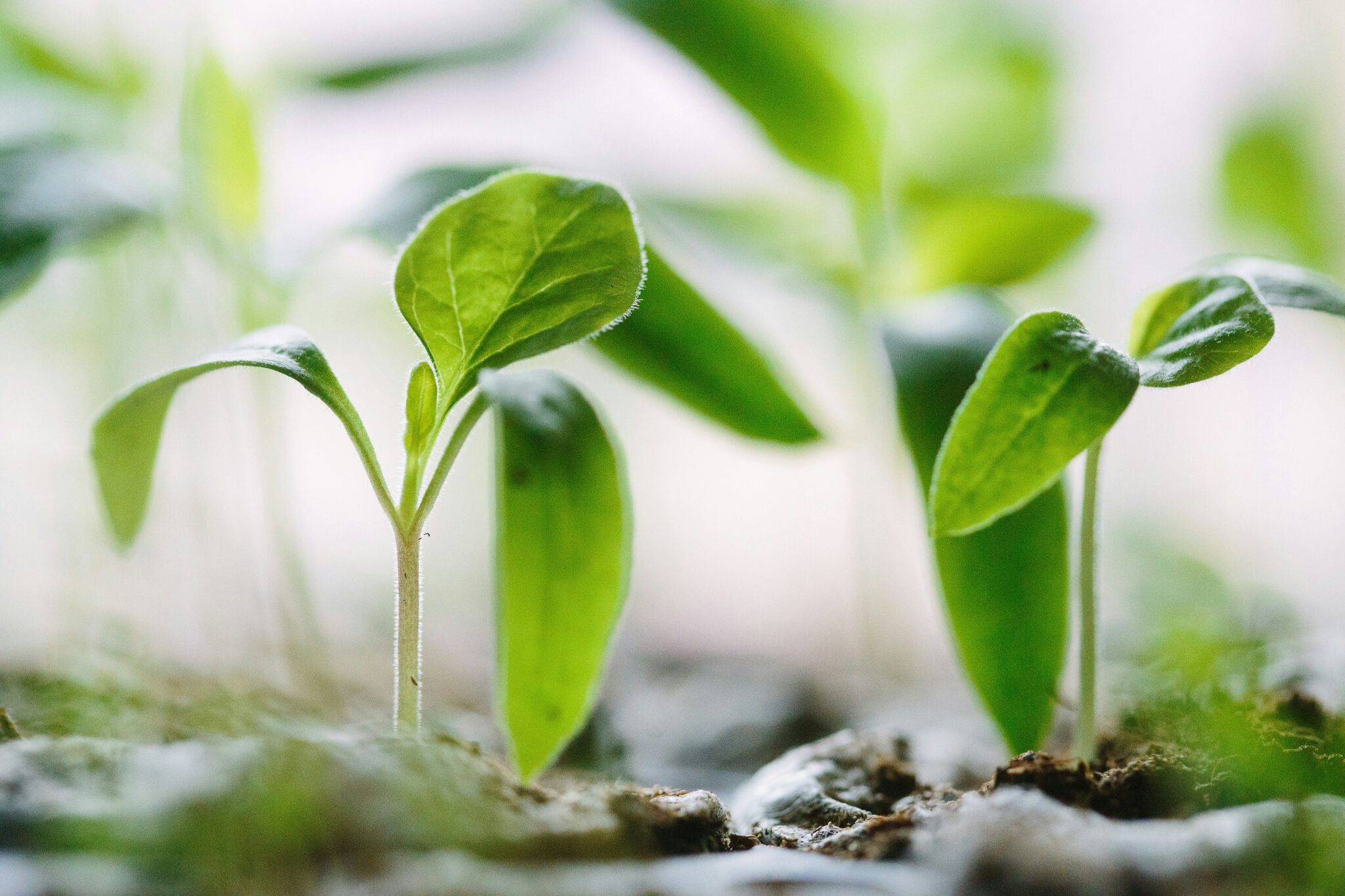
Cultivating Change: Resilient Farming in South Sudan
As weather patterns change and the frequency of natural disasters increase, low-income communities face the disruption of their agriculture, livelihoods and extended disaster recovery periods.
For those already poor, climate change worsens poverty and hunger. This crisis has devastated communities in South Sudan, where severe droughts (2011, 2015) have been followed by catastrophic flooding in recent years. The changing weather patterns have resulted in the loss of life, internal displacement and migration and the destruction of farmland and livestock. This has exacerbated the existing humanitarian crisis in the country following years of civil war.
Our partner, South Sudanese Development and Relief Agency (SSUDRA), is working to adapt to the changes in land and water and help establish sustainable practices that combat the challenges brought about by climate change. SSUDRA has worked with the local community to develop agroforestry environmental programs; vegetation is planted, bushland is managed, and crops are cultivated, which works to replenish the land and protect the remaining farmland.
The program is established with an in-depth understanding of the region’s ecology, which is used to recover the land essential to the livelihoods of community members.
Abraham* knows all too well how our changing climate is challenging our global neighbours in new ways. He joined the SSUDRA team working in South Sudan to introduce the new agroforestry practices. The project has been successful for farmers in the Diocese of Mundri, with Abraham stating, ‘growth and innovation in agroforestry offers potential to improve farmland productivity, resilience and diversity, whilst restoring soil health, creating wildlife habitats and sequestering carbon’.
Your generosity helps us to work together to realise this goal, supporting the communities who need it most to recover from disasters and adapt to climate change.
*Name has been changed





